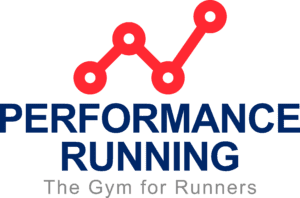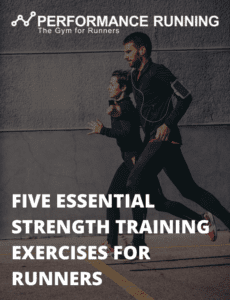
By Caleb Birklid, PRG Run Coach, Personal Trainer & Triathlon Specialist
Interested in triathlon but not sure where to start?
Let me take you back to the very beginning. On a cool September morning in 1974, members of the San Diego Track Club toed the start line. A crack of the starters gun, and athletes took off on a 5.3 mile run, before reaching their bikes for an additional five miles. As the sun rose higher, athletes dismounted their bikes and made their way through the breakwaters of Mission Bay to complete a 600 yard swim. 46 athletes were in attendance at the first recorded triathlon.
Today’s triathlons now range in distance from Super Sprint races that total under 10 miles, all the way to iron distance races which can eclipse 70 or 140 miles of racing. Not only do distances vary, but so do the choices of events. While the “traditional” triathlon is composed of a swim, a bike, and a run, there are other types of triathlon races as well. One of the most popular is an “off road Tri”. These will commonly be held in more remote locations, but will also allow for some incredible views. Some off-road triathlons will still start with a swim, while others will opt for a paddle instead. By canoe or paddleboard, the water leg of an off-road tri may feel a little less intimidating. Follow that with a rip around a mountain bike course and a trail run through beautiful forests, and you’ve got a sight-seeing trip mixed in with your normal race day! Other race options can include a Duathlon (for those looking to avoid the swimming leg), a AquaBike (swim and bike), or an AquaJog (swim and run). With all of these possibilities, triathlon is much more accessible than most people imagine
How to Train?
If triathlon is starting to sound interesting to you, now is the time to start training! Assuming you found your way here from the PRG website, you are probably a fairly competent runner, and won’t be worrying too much about a 5k or 10k at the end of your tri. What about the bike and the swim? The bike is a great activity to work into your training regardless of whether or not you intend to compete in a triathlon. A long slow bike ride is a great way to train your aerobic fitness while also giving your body some recovery from the regular impact of running. The swim is normally the main source of anxiety for new triathletes, as it is a sport that is normally a little less familiar, and comes with the fear of open water swimming. The best method for building confidence in the swim is working on fundamentals in a controlled environment like a local pool. Bring a friend! Having someone else who is a slightly more experienced swimmer with you is more helpful than any YouTube video you could watch. They can offer you tips, and help identify main areas for improvement.
In a normal week of training, it would be ideal to spend 2-3 days on your weaker legs of the event, and 1-2 days on your strongest leg. See the example training plan below for an idea of how to approach a week of training. Taking some time to build your abilities in your less familiar legs will be a great way to ensure an excellent first triathlon!
| Sample Workout Split (Strong Runner): |
|
Monday: Swim
|
|
Tuesday: Bike
|
| Wednesday: Rest OR Recovery Run |
|
Thursday: Run
|
|
Friday: Swim
|
|
Sat/Sun: Bike
|
What gear do I need?
On the outside looking in, triathlon can appear as a very inaccessible sport. Bikes, wetsuits, running shoes, aero helmets, power meters, aero suits, there are so many different items that FEEL like they are vital to the triathlete. However, much of this equipment is superfluous to the beginner triathlete. On the first attempt, all one really needs is a pair of goggles, a bike, some shoes that feel comfortable to run in, and either a swim suit or a pair of tight fitting bike shorts and a running or biking top. If you are interested in making a monetary investment, a trisuit is a great purchase to make to ease many of the challenges of triathlon. It will be skin tight so you can swim in just the suit, but also will have a thinner bike padding, and be constructed out of sweat-wicking material to help keep you cool once you are out of the water. Looking for help with gear for your next Tri? Check out our friends at Gear West (www.gearwest.com) in nearby Long Lake, MN!
Are you looking for more specific information, want help picking which race is right for you, or need help triaining for your first or next triathlon? Let’s chat! Book a Consultation with us HERE.




Recent Comments